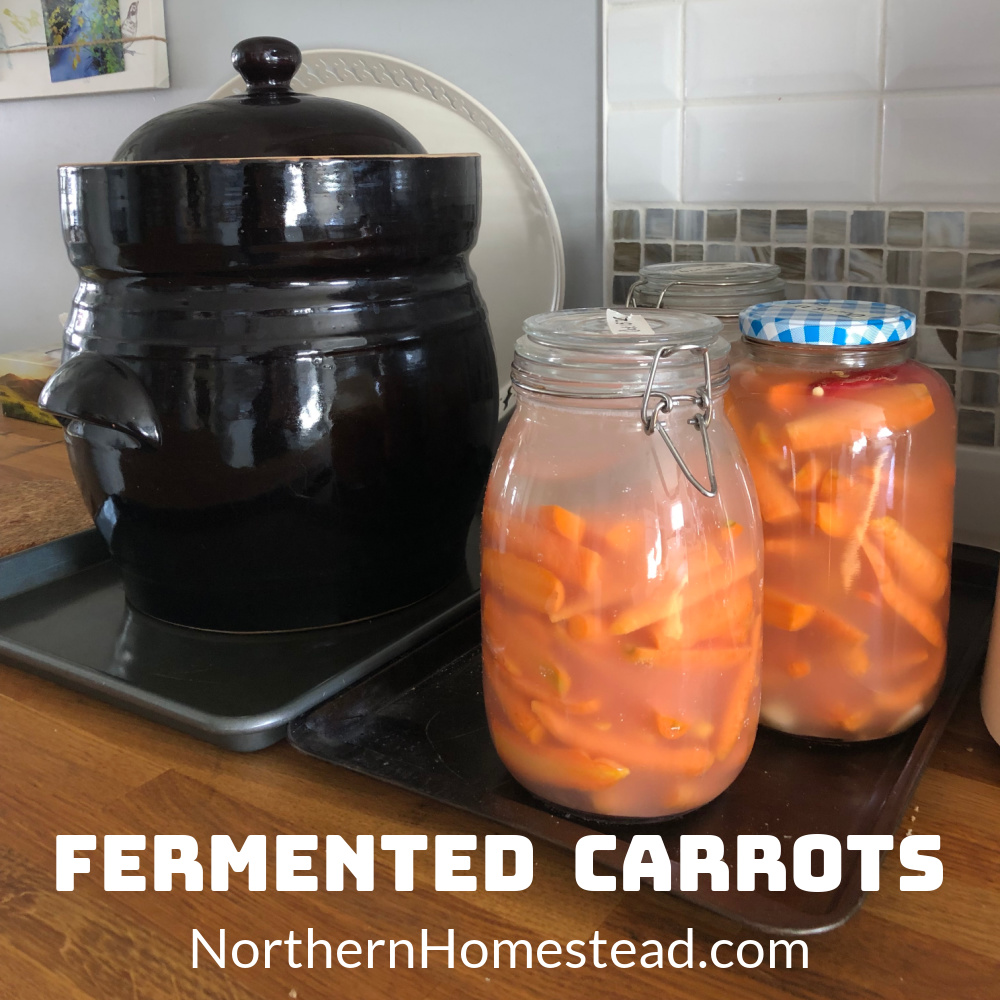
When it comes to preserving carrots, fermenting them might not be the first option that comes to mind. While carrot pickles are well known, if you enjoy them, you will likely love fermented baby carrots or carrot sticks even more.
Right after harvesting, I usually sort the carrots by size. The larger ones are great for grating and freezing. Medium-sized carrots are perfect for storage and eating fresh, but small baby carrots can be challenging to preserve. Antil, I started fermenting them. Find a dozen ways to preserve carrots here.
Preparing the carrots for fermentation
Small carrots are the ideal size for fermenting baby carrots. Medium-sized carrots, which are still relatively small, can be cut into sticks. Aim for the carrots or carrot sticks to be about 1 centimeter in diameter.
If you have both small carrots and sticks, you can mix them together, but sorting them can create a more visually appealing presentation. Ultimately, the choice is yours.
The color of the carrots doesn’t matter; you can create a vibrant rainbow carrot ferment. Unlike pickles, you don’t need to peel the carrots before fermenting. This is especially advantageous when using small carrots; just make sure to wash them thoroughly. Cleaning is all that is required. I usually trim off the tops and roots.
Preparing the brine
To ferment carrots, you want a 2-3% brine. I find that long-term storage is better with 3%, but if you just want to ferment some to eat right away, 2% is enough. Fermented carrots can be kept refrigerated for 12 months.
1 liter (1 quart) of water, 1 tablespoon (20 grams) salt = 2% brine
1 liter (1 quart) of water, 1 1/2 tablespoons (30 grams) salt = 3% brine
For bigger batches, use 1 gallon of water, 1/2 cup of salt = 3% brine
Use filtered or boiled unchlorinated water if tap water is unavailable. Use real salt without additives, or pickling salt. Mix well, and the brine is ready.
Spice it up
There are many ways to spice up the fermented carrots.
If you like dilly carrots, use dill and garlic.
Rosemary, lemon slices, basil, or hot pepper are all great options for carrots.
Horseradish or grape leaves can be added to keep the ferment firmer, but carrots actually keep well without them.
Fermenting in jars
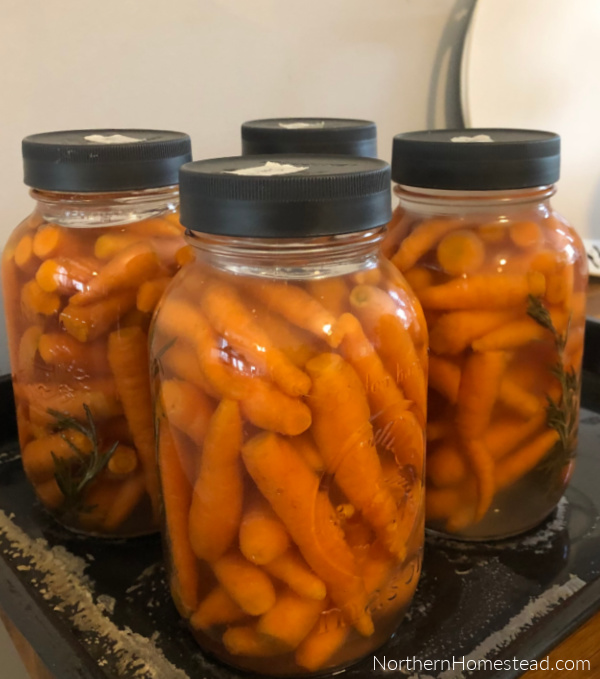
Most often, baby carrots or carrot sticks are fermented in jars. It’s handy —you can try different spices in each jar —and they fit well in the refrigerator for storage. Even though any size jar can be used, I would recommend going no smaller than a quart. The jar has to be clean; sterilization is not needed. Find more tips on fermentation in the Learning the Basics article.
Fermenting in a crock
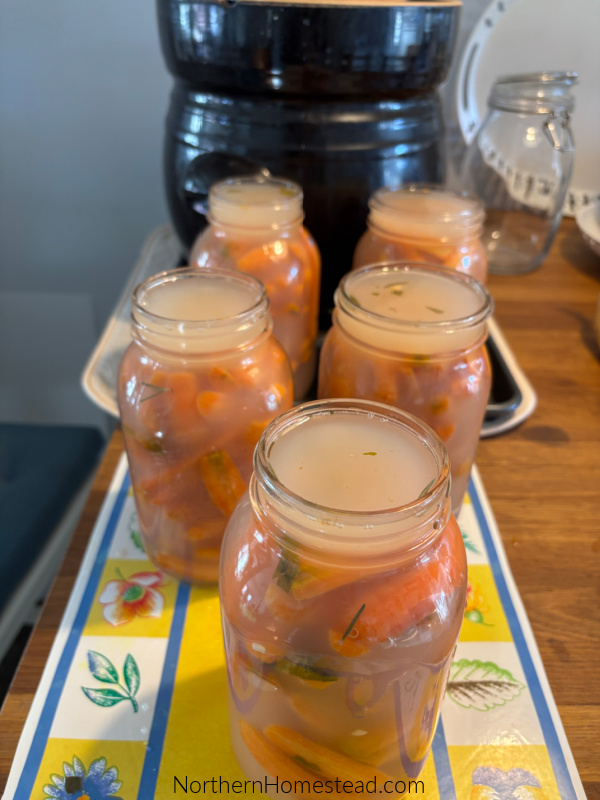
A water-sealed fermenting crock is ideal for fermentation. The seal allows air to escape while preventing fresh air from entering, resulting in a delicious fermentation process. If you have a lot of carrots to ferment, it’s well worth the extra effort.
Once the carrots have finished fermenting, transfer them to jars for refrigerated storage.
The fermentation
After placing the carrots and any spices into your chosen container, cover them with horseradish or grape leaves, if you’re using them. Add a weighting stone to keep the carrots submerged. Next, pour in the brine, ensuring that everything is completely covered.
If you are using a jar, you can fill it all the way to the top. If you are using a crock, make sure the carrots are well submerged under the brine, but do not fill the crock to the top—leave some airspace.
Place the fermenting container on a plate or a sheet to catch any overflow. Set it aside in a room temperature location, away from direct sunlight. Keep an eye on the fermentation; add more brine if needed to keep the carrots submerged.
The fermentation will take 7 to 14 days, depending on the room temperature. You can start tasting after 7 days. They are ready when they are pleasantly sour and have a tasty pickled flavor.
Store the finished product in jars with tight lids in the refrigerator. They can be stored for up to 12 months.
In this video, we are making dilly carrots. If you can’t see the video, go here.
We invite you to subscribe to Northern Homestead and follow us on Instagram, Facebook, or Pinterest for more yummy recipes.

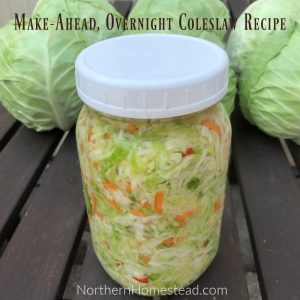
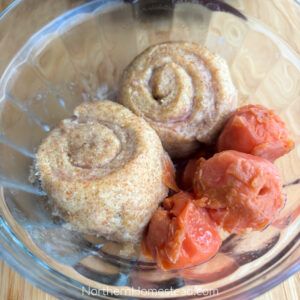
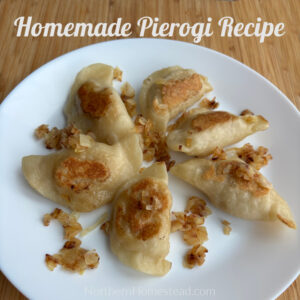
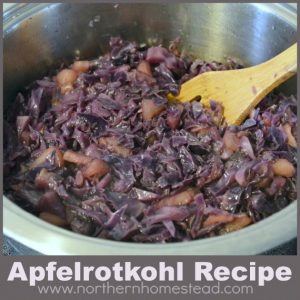

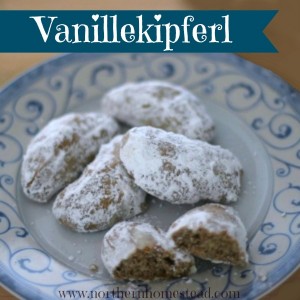
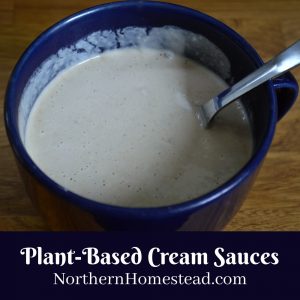
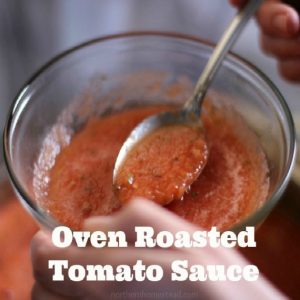
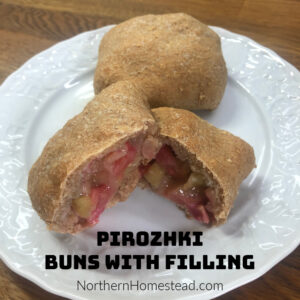


Carrots are my favorite fermented vegetable! Yum!
They are sure very delicious fermented. Thank you for sharing, hope more readers get inspired to ferment carrots.